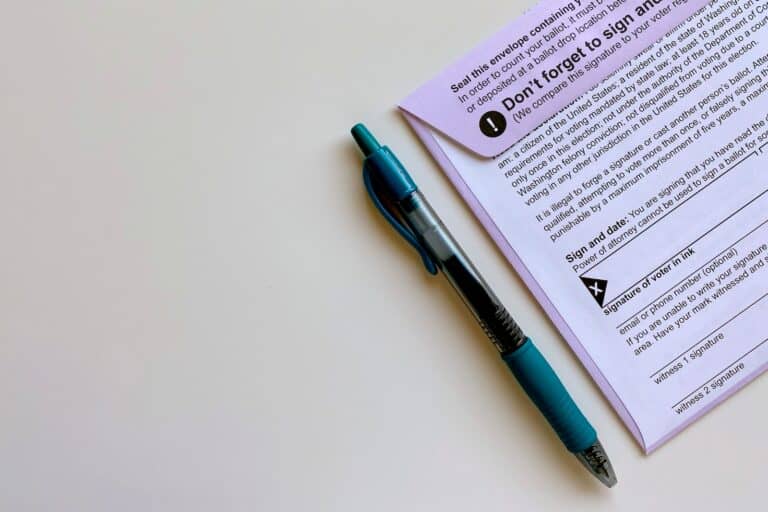The General Educational Development (GED) test is a set of four exams that assess the knowledge and skills of individuals who did not complete high school. The four tests cover subjects in Science, Social Studies, Math, and Language Arts (Reading and Writing).
The GED test is important for individuals who want to pursue higher education, qualify for better job opportunities, or simply want to achieve a personal goal. A GED credential is equivalent to a high school diploma and can open doors to new opportunities.
The GED test is recognized by employers and colleges across the United States and Canada, making it a valuable credential to have in today’s competitive job market. By earning a GED credential, individuals can show that they have the knowledge and skills needed to succeed in college or the workplace.
In addition to providing a pathway to better opportunities, the GED test also offers a sense of accomplishment and pride for individuals who did not complete high school. Passing the GED test can be a life-changing experience and can inspire individuals to pursue their goals and dreams.
Eligibility requirements for taking the GED test
To be eligible to take the GED test, individuals must meet certain requirements. These requirements may vary by state, so it is important to check with the local GED testing center for specific eligibility criteria.
In general, to take the GED test, individuals must:
- Be at least 18 years old. Some states may allow individuals who are 16 or 17 years old to take the GED test if they meet certain requirements, such as obtaining parental consent or being enrolled in an approved GED preparation program.
- Not have a high school diploma or equivalent credential.
- Meet any additional state-specific eligibility criteria, such as residency requirements or minimum test score requirements.
It is important to note that the GED test is not available to individuals who are currently enrolled in high school or who have graduated from high school. Additionally, individuals who have previously taken the GED test may need to wait a certain amount of time before retaking the test.
Before registering for the GED test, individuals should review the eligibility requirements and confirm that they meet all of the criteria. If there are any questions or concerns about eligibility, individuals should contact the local GED testing center for guidance.
Steps to register for the GED test
Registering for the GED test is a straightforward process that can be completed online or in person. The following are the general steps to register for the GED test:
- Create an account on the official GED website (www.ged.com) by providing personal information such as name, address, and date of birth.
- Check eligibility and select the state or jurisdiction where the test will be taken.
- Choose the preferred test format (paper-based or computer-based) and select the subject tests to be taken.
- Schedule the test date and location that works best for the individual’s schedule.
- Pay the test fees, which vary by state and subject test. Some states offer fee waivers or reduced fees for individuals who demonstrate financial need.
- Review the confirmation email from the testing center and prepare for the test day.
It is important to note that some states may have additional requirements or steps for registering for the GED test, such as completing a GED preparation program or providing additional documentation. Individuals should check with the local GED testing center for specific registration procedures and requirements.
Common FAQs about registering for the GED test
- How much does it cost to take the GED test? The cost of the GED test varies by state and subject test. On average, the cost ranges from $20 to $30 per subject test, with a total cost of $80 to $120 for all four tests.
- Is financial assistance available for the GED test? Yes, some states offer fee waivers or reduced fees for individuals who demonstrate financial need. Additionally, some organizations and programs may provide financial assistance for GED test fees.
- How long does it take to receive GED test scores? Test scores are typically available within 24-48 hours of completing the test. However, some states may take longer to process and release scores.
- How many times can an individual take the GED test? Most states allow individuals to take the GED test three times within a calendar year. After the third attempt, individuals may need to wait a certain amount of time before retaking the test.
- Is it possible to retake only one subject test? Yes, individuals can retake one or more subject tests if they did not pass on a previous attempt. However, they will need to pay the test fees for each subject test.
- Can the GED test be taken online? No, the GED test must be taken in person at an approved testing center.
- Can accommodations be made for individuals with disabilities? Yes, accommodations can be made for individuals with disabilities, such as extended testing time or assistive technology. Individuals should contact the local GED testing center to request accommodations.
- How long does the GED credential last? The GED credential does not expire and is valid for life. Once an individual passes the GED test and receives the credential, it is theirs to keep and use for as long as they need it.
